2019/01/10(木)
Kyoto University Session :Translational Research and Bioresources for the Acceleration of Early Stage Drug Discovery
|
Professor, Tsukuba Clinical Research & Development Organization, University of Tsukuba Visiting Researcher, Clinical Bioresource Center, Kyoto University Hospital |
[Summary]
Commercialization of basic research is one of the current issues facing our scientific world. Academicians publish their papers in high impact journals that brings laurels and even huge funding for the universities. However, the funds are not utilized in pre-clinical researches or trials. Most of the companies have started to restructure their research and development activities. Consequently, there is minimal development in the field of applied research. To corroborate these findings, the SPARK program has taken an initiative to accelerate applied research and data science in Japan by establishing a company named Kyoto Bridge for the Breakthrough Medicine (KBBM).
The focus is on gradation of the hospital-based biobanking system, where all patient records will be stored in the form of electronic medical records. Besides, data acquisition will be done from sequential samples of blood testing or genetic testing. Eventually, all these data will be accumulated in a database and used as Big Data for future feedback. The Spark program initiated a clinical bio-resource center, which involved samples from healthy volunteers included in Phase One for IPS or other studies.
The issue of staffing has also been focused upon, where the Kyoto University hospital would provide samples to KBBM, and KBBM would carry out project management as well as research and development for the service purpose and data management. This will be done through permanent staffing solutions.
Some of the research activities under KBBM is funded by AMED, which carried forward investigational research left out by translational research. But still, a gap exists between in vivo and in vitro research as the mechanism actions of disease model (animal and human) seems to be different. So, the focus was drifted on drug discovery based on human diseases rather than diseases in animal models. Subsequently, AI-based drug discovery system was launched because of its many benefits. This system aims to expand research activity to other diseases and develop a drug testing system by working together with IPSC Phase One center. The program also aims to create infrastructure based on clinical bio-resources through the clinical bio-resource center.
We are seeking potential partnerships with major universities in Japan as well as around the globe to fulfill our mission to save patients around the world.
[Profile]
Dr. Koyanagi is a professor of University of Tsukuba to expand the eco-system of biotech business from Tsukuba and Kyoto to global market. He have been serving for Kyoto University as a business liaison of the medical school and focusing on development of early stage technologies for clinical application including drug discovery, medical device and regenerative medicine area. He engages several major projects of the university including "OncoPrime"; a cancer genome diagnostic service, "KBBM", a company to provide bioresource analysis, "SPARK"; an acceleration program for commercialization of scientific achievements in medical area, and a number of collaborations with pharmaceutical companies. Prior to the academic career he served for a global biotech company and startups. He was trained as a postdoctoral fellow at Stanford University and Ph.D. candidate at Osaka University.
More information about KYOTO-SPARK, click here!


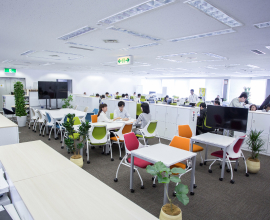


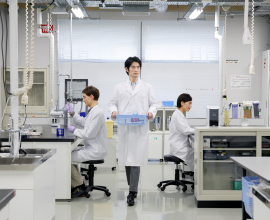
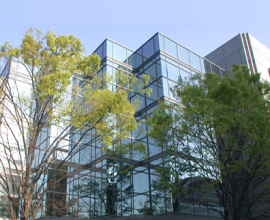
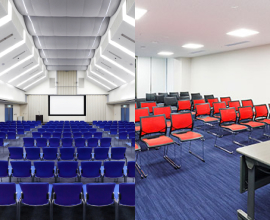
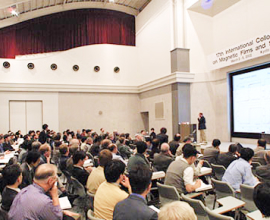
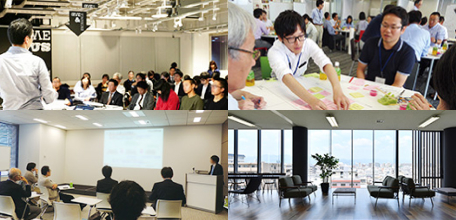
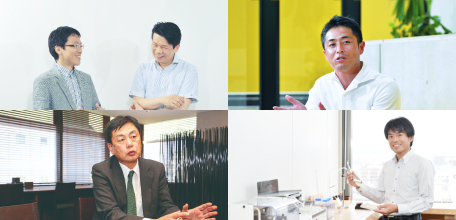

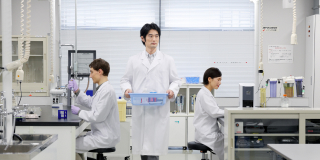


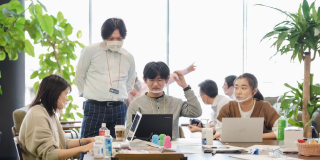
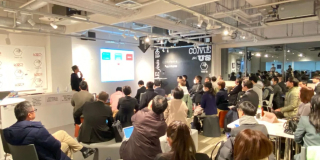

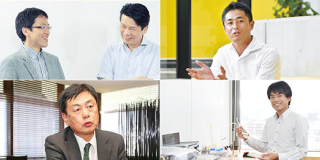


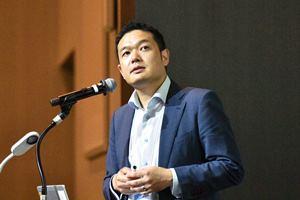 Tomoyoshi Koyanagi, PhD
Tomoyoshi Koyanagi, PhD